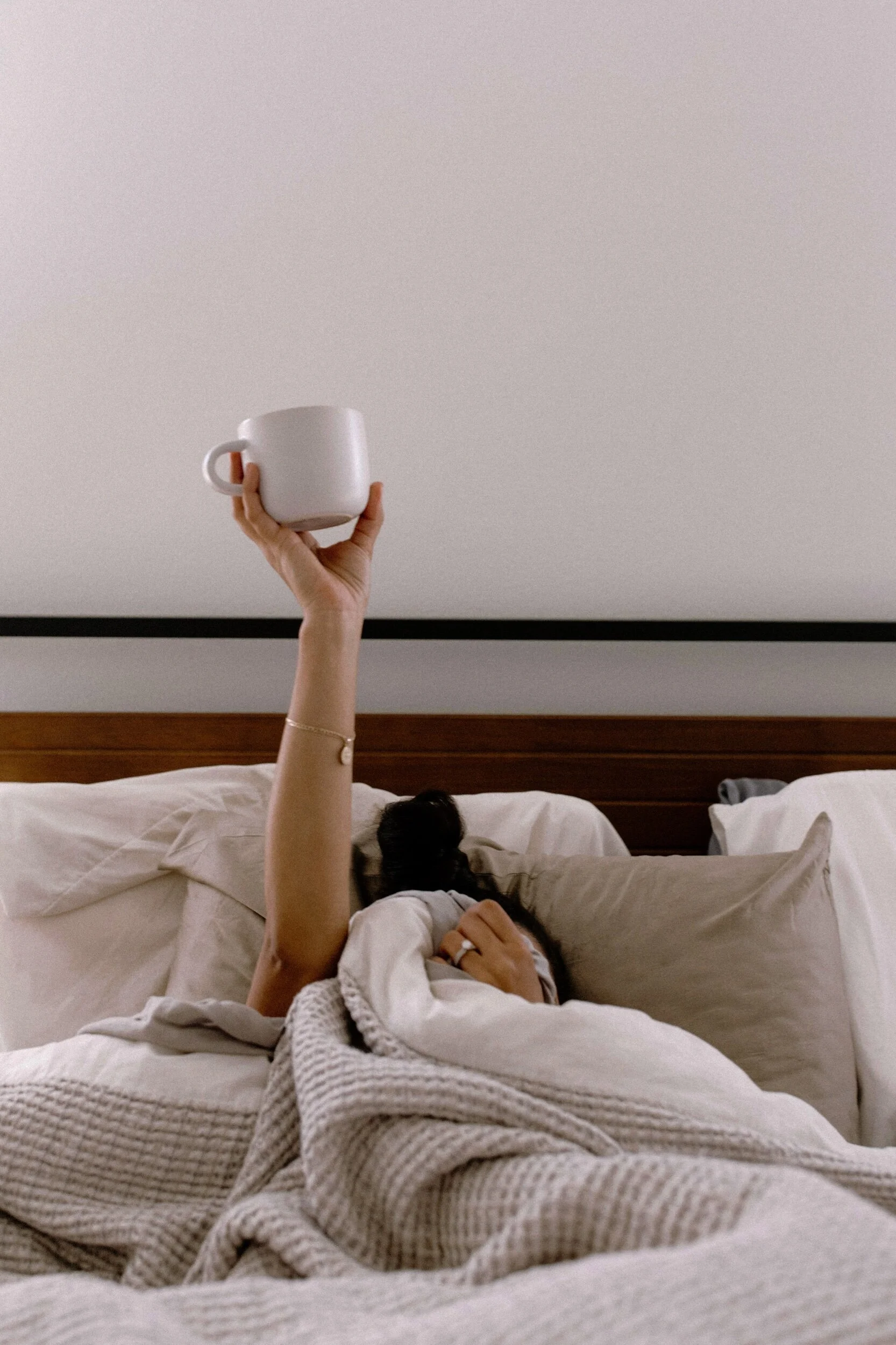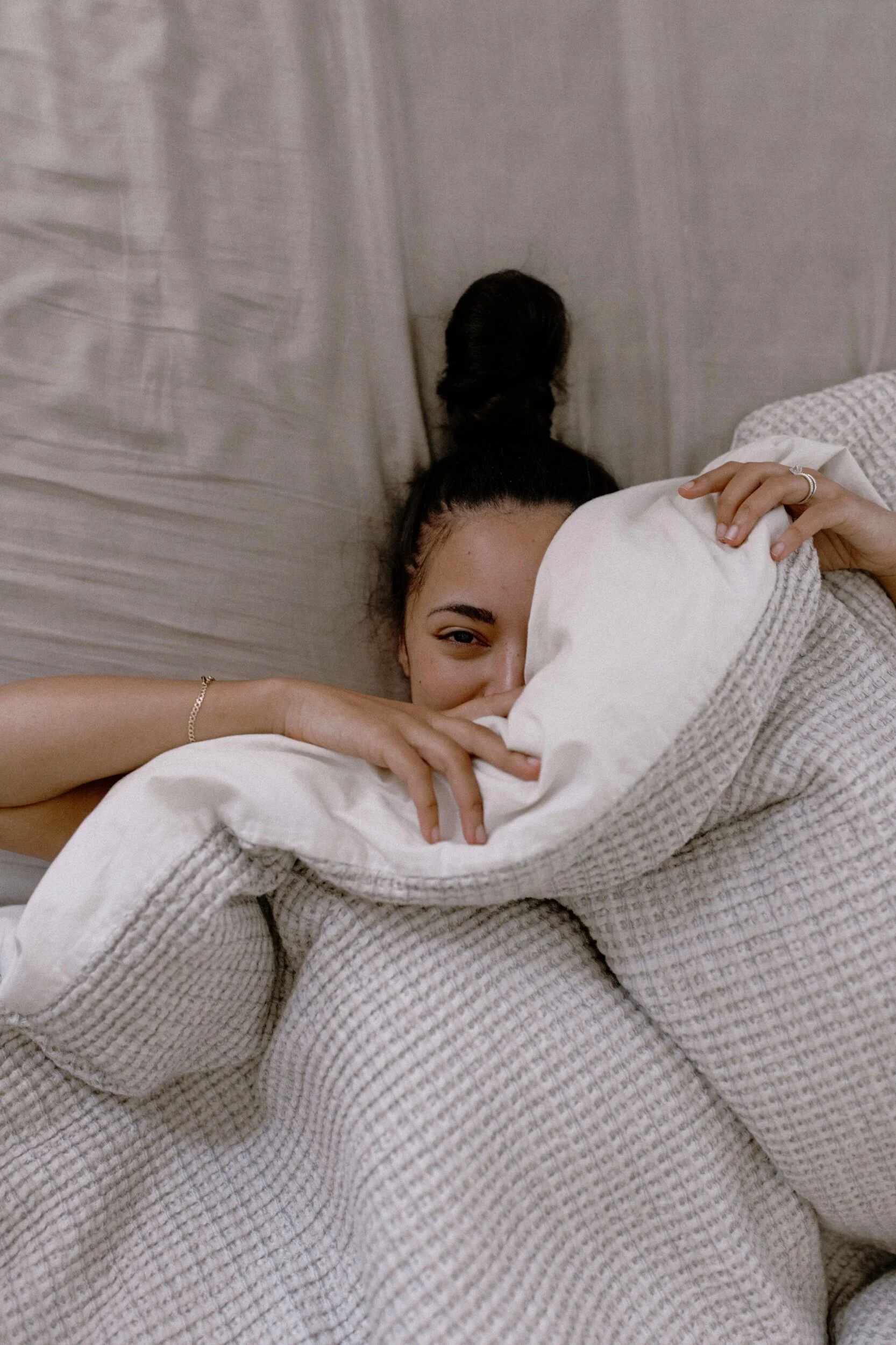Sleep Your Way to Better Health
‘Sleeps Role on Longevity’
I recently was having a conversation with one of my close friends about work and how New Year’s resolution check-ins with my clients were going. He made the joke along the lines of the overall theme being to work harder, to which I replied “If anything I’m prescribing more rest… y’all don’t know how to get a good night of sleep and it shows!”
The “I’ll sleep when I’m dead” mentality is morbidly ironic and something you must shed if you want to live a long healthy life.
What’s going on during sleep and how does it play a role in my longevity?
While sleeping, your body goes through 5 stages of sleep and a brain “wash” where your brain’s waste is removed via the glympahtic system. With physical restoration happening during Stage 3 and 4 where your body produces the bulk of HGH or human growth hormone (commonly regarded as the youth hormone). HGH is responsible for a number of things including recovery but often is idealized for its anti-aging properties and for it’s role in increasing lean muscle mass and decreasing fat. For these reasons HGH is often abused among athletes. Unfortunately, HGH production also naturally declines with age leading to lost muscle and bone mass. Making it quite clear that in order to stay ‘young’ longer adopting habits that promote production are key- with sleep deprivation being the number one way to expedite the aging process.
What happens when your body doesn’t get enough sleep?
Sleep is one of the most slept-on (mind the pun) aspects of our overall health.
Dark circles and crankiness are the least of your worries when it comes to lack of sleep. Sleep deprivation decreases our natural immune response and increases chronic disease, obesity, and overall mortality. Inadequate sleep is also associated with high blood pressure, heart disease, stroke, and your overall mental health.
The CDC classifies anything under 7 hours of sleep a night as a “short sleep duration”, with 35% of US adults getting less than the recommended amount of sleep.
How do I know if I am recovering?
While 7 hours of sleep is the suggested minimum- duration isn’t everything. As explained earlier most of the benefits of sleep aren’t realized until Stage 3-4 which takes time. Luckily activity monitors have morphed into lifestyle monitors adding features like sleep tracking and heart rate variability to track sleep and recovery. Garmin has added a Body Battery feature while Whoop an emerging brand is capitalizing in recovery wearable technology.
On the other hand, if you regularly describe yourself as ‘tired’ or ‘sleepy’ you may not need the assistance of the latest tech. Although a common descriptor during small-talk check ins, this is by no means optimal.
A few other telltale signs that you are not recovering include:
Feeling moody, depressed, scattered or anxious
Reaching for more stimulants like coffee to get you through your day
Cravings of junk food and sugars
If you experience any of these examining the quality of your sleep along with cleaning up your sleep hygiene is a good place to start.





